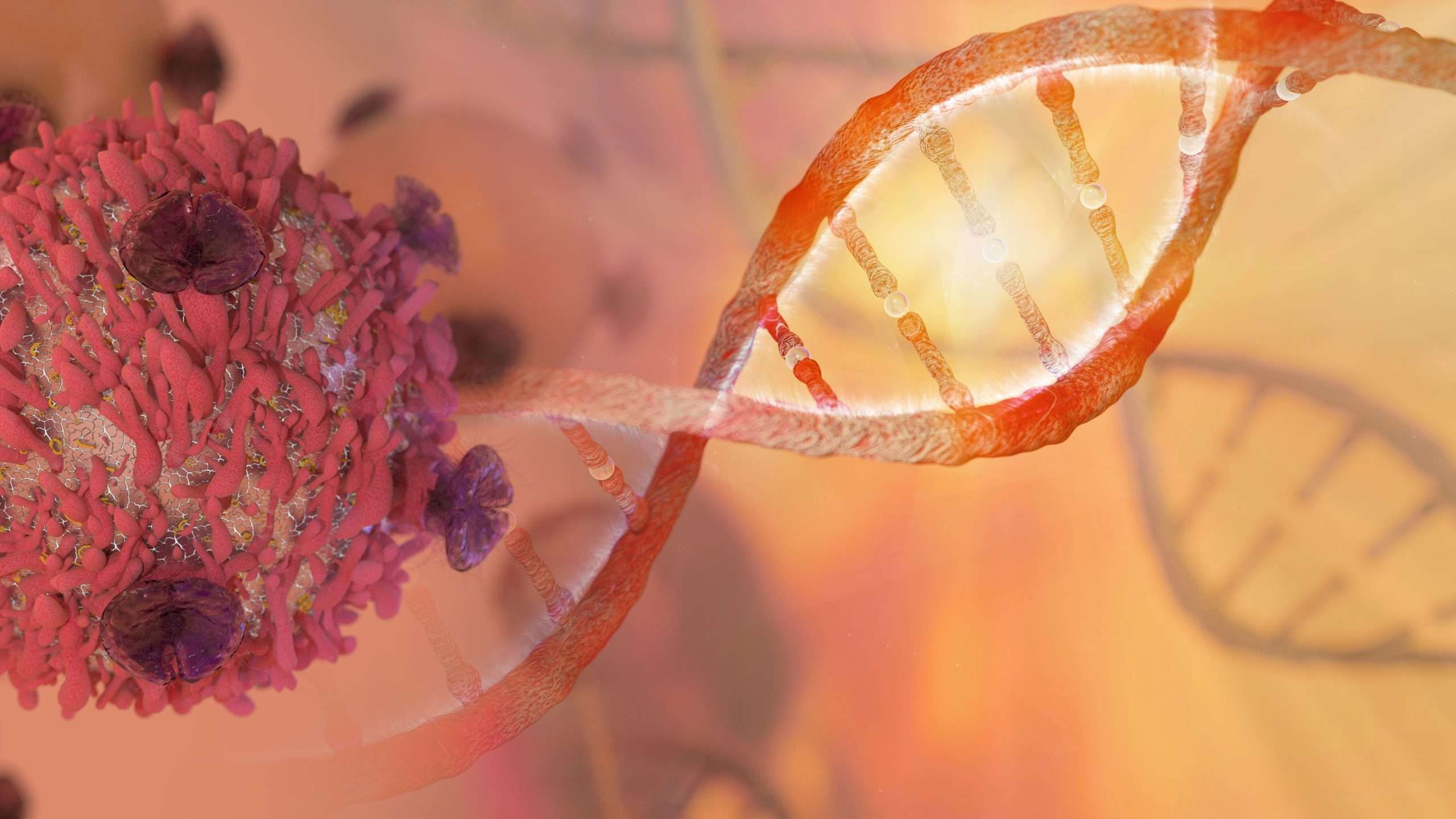The impact of genetic mutations on the performance of anti-CD19 CAR T-cells in CLL
Chimeric antigen receptor T-cell (CAR-T) therapies have proven particularly successful in hematological malignancies. However, CAR T-cells still underperform when used to treat patients with chronic lymphocytic leukemia (CLL). For instance, in heavily pretreated refractory/relapsed (R/R) CLL treated with anti-CD19 CAR T-cells a lower rate of durable complete remissions has been reported compared with patients with other R/R B-cell malignancies (29% versus 37%–55%, respectively).
To unlock the full potential of CAR T-cell therapies in CLL, the impact of individual genetic aberrations on the response of CLL to CAR T-cell therapy needs to be explored.
A recent study published in the Journal for ImmunoTherapy of Cancer evaluated the performance of anti-CD19 CAR T-cells in genetically defined classes of CLL in various in vitro and in vivo disease models.
In the study, 32 primary CLL samples were selected and screened by Sanger and/or next-generation sequencing. In total, 6 samples were IGHV-mutated without mutations in ATM, TP53, NOTCH1 or SF3B1 and 26 were immunoglobulin heavy-chain gene variable (IGHV)-unmutated, of which 9 were ATM-mutated, 8 TP53-mutated, and 9 without mutations in the aforementioned genes.
The leukemic microenvironment in the primary cells was mimicked by ‘2S stimulation’ through interleukin-2 and nuclear factor-kappa B. Several CRISPR/Cas9- generated ATM- knockout and TP53- knockout clones were obtained from HG3 and MEC1 CLL-derived cell lines. The antileukemic in vitro activity of CAR T-cells was assessed in all the samples. Additionally, in vivo survival studies were performed in NSG mice using HG3 wild-type (WT), ATM-knockout or TP53-knockout cells.
Although no differences in survival of CLL cells of distinct genetic backgrounds were observed in vitro, CAR T-cells were able to prolong survival in vivo but with different effectiveness at eradicating tumor cells depending on the driver mutation.
In vivo, CAR T-cell treatment prolonged the survival of animals injected with WT (p = 0.0485), TP53-knockout (p = 0.0204) and ATM-knockout (p = 0.0217) HG3 tumor cells when compared with control T-cells. TP53-knockout disease was associated with an earlier onset (p < 0.0001), higher tumor burden (p = 0.0002) and inefficient T-cell engraftment (p = 0.0012) when compared with ATM-knockout.
The data reported from this study highlights the impact of genetic mutations on the performance of CAR T-cells in CLL, which can eventually lead to inferior therapy performance in particular CLL subgroups.
Written by Marta Palhas
References:
- Mancikova V, Peschelova H, Kozlova V et al. Performance of anti-CD19 chimeric antigen receptor T cells in genetically defined classes of chronic lymphocytic leukemia. J Immunother Cancer. 2020 Mar;8(1):e000471. doi:10.1136/jitc-2019-000471.











